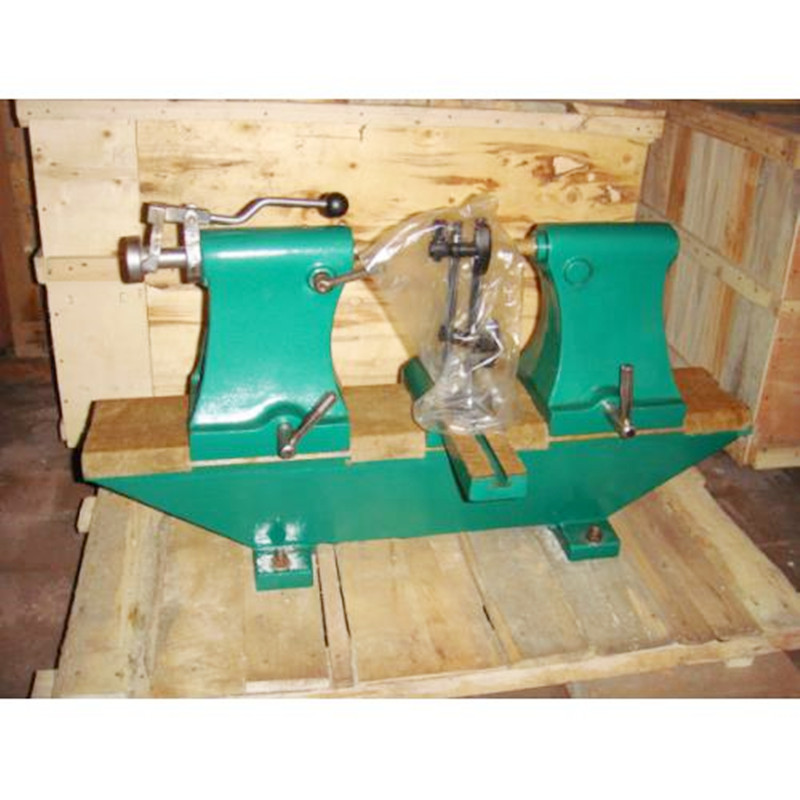Aug . 18, 2024 06:37 Back to list
Ductile Iron Check Valves for Reliable Flow Control and Durability in Various Applications
Ductile Iron Check Valves Reliability and Efficiency in Fluid Control Systems
Ductile iron check valves play a crucial role in fluid control systems across various industries, including water treatment, oil and gas, and manufacturing. Known for their robust construction and exceptional resistance to wear and corrosion, these valves ensure the smooth operation and integrity of pipelines by preventing backflow and maintaining system efficiency.
Understanding Ductile Iron Check Valves
Ductile iron, also known as spheroidal graphite iron, is a type of cast iron that has superior mechanical properties compared to traditional gray cast iron. The unique microstructure of ductile iron, which includes spherical graphite nodules, enhances its tensile strength, ductility, and impact resistance. This makes it particularly well-suited for applications where high pressure and fluctuating temperatures are prevalent.
Check valves, in general, are designed to permit fluid flow in one direction only, thus protecting equipment from damage due to backflow. Ductile iron check valves accomplish this with a simple yet effective design mechanism. Typically, these valves feature a hinged disc or a spring-loaded component that opens to allow flow in the designated direction and closes automatically when the flow reverses. By doing so, they help in maintaining the operational integrity of the system and preventing potentially costly downtime.
Advantages of Ductile Iron Check Valves
1. Strength and Durability One of the most significant advantages of ductile iron check valves is their ability to withstand high pressures and mechanical stresses. This durability extends the lifespan of the valve and reduces the frequency of replacements, which can lead to significant cost savings over time.
ductile iron check valve

2. Corrosion Resistance Ductile iron check valves can be coated with various materials, such as epoxy or rubber, to enhance their resistance to corrosive environments. This feature is vital in industries where the fluid carried may contain aggressive chemicals or where exposure to outdoor elements is common.
3. Versatility These valves are suitable for a wide range of applications, including sewage systems, water supply networks, and industrial processes. Their ability to function effectively in varied conditions makes them a go-to choice for engineers and system designers.
4. Ease of Installation and Maintenance Ductile iron check valves are often designed to be straightforward to install, which saves valuable time and labor costs. Moreover, their design typically allows for easy access during maintenance, ensuring that any required checks or repairs can be carried out quickly and efficiently.
5. Sustainable Choice With growing environmental concerns, the durability and longevity of ductile iron check valves make them a sustainable choice. Fewer replacements mean less waste generated and a reduced carbon footprint associated with manufacturing and transportation of replacement parts.
Conclusion
In conclusion, ductile iron check valves are an essential component in modern fluid control systems, offering a combination of strength, reliability, and versatility. Their robust construction ensures they can handle demanding applications while minimizing the risk of backflow and equipment damage. As industries continue to seek efficient and durable solutions for their fluid control needs, ductile iron check valves stand out as a worthy investment, promising long-term performance and operational excellence. Whether in municipal water systems or industrial operations, their adoption is likely to remain a standard practice for achieving effective fluid management.
-
Why Metric Trapezoidal Thread is Ideal for Precision Motion ControlNewsAug.05,2025
-
The Unique Properties of a Block of Granite for Industrial UseNewsAug.05,2025
-
The Role of Flanged Y Strainers in Preventing Pipeline ClogsNewsAug.05,2025
-
The Importance of Regular Calibration for Master Ring GagesNewsAug.05,2025
-
How a Cast Iron Surface Table Enhances Accuracy in ManufacturingNewsAug.05,2025
-
Comparing Different Check Valve Types for Optimal Flow ControlNewsAug.05,2025
Related PRODUCTS









